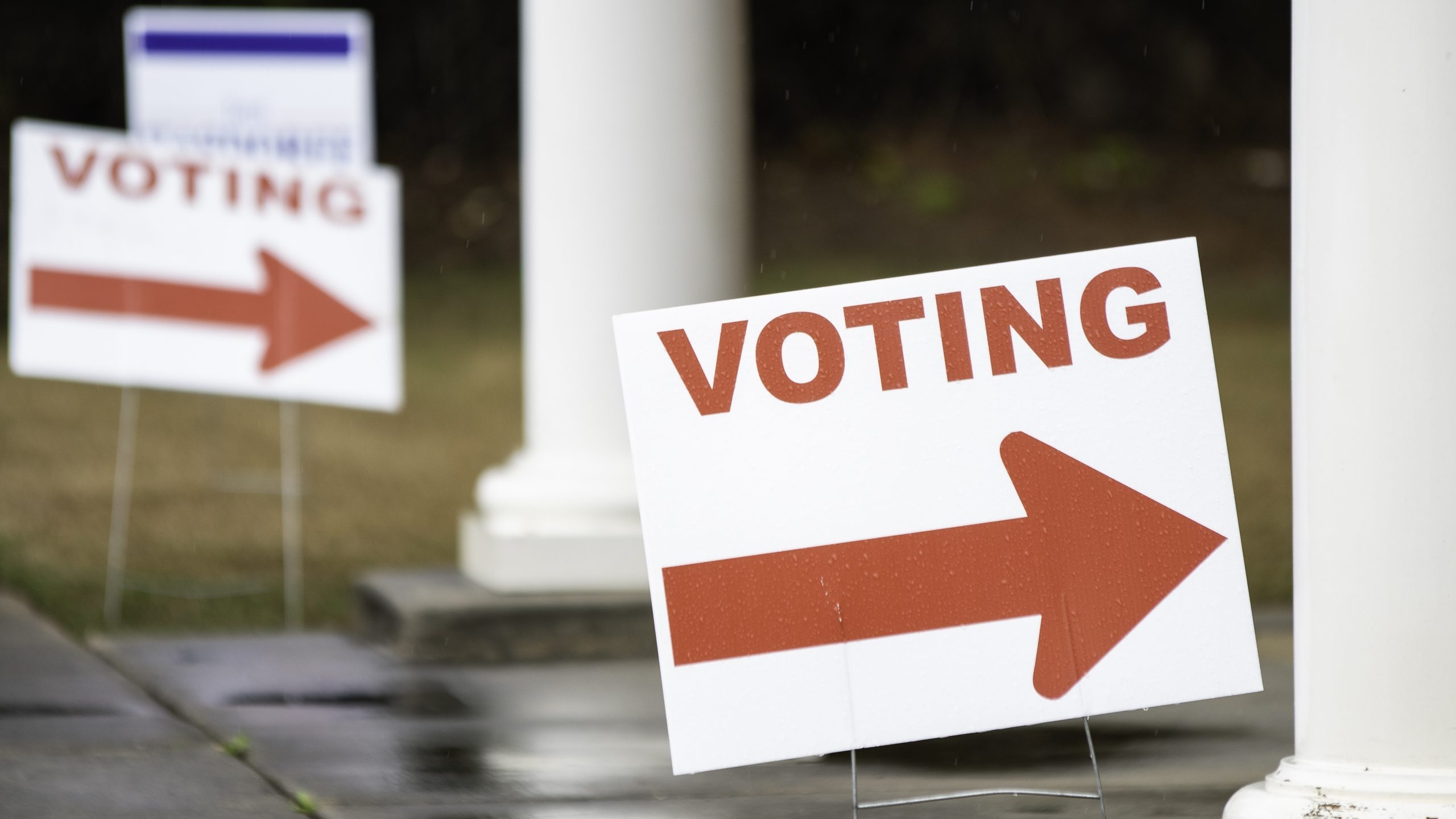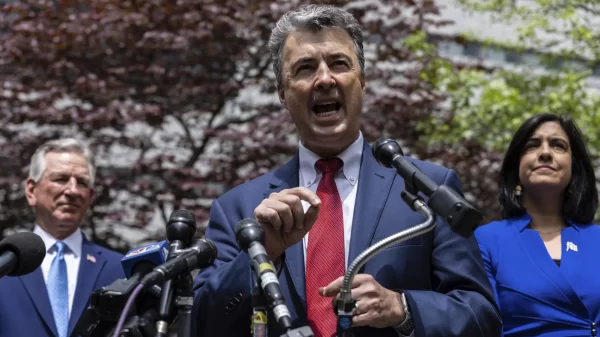A federal judge on Thursday sided with the state of Alabama and ruled against plaintiffs in a lawsuit that alleged that the state’s law against persons convicted of certain felonies was unconstitutional.
The lawsuit, brought by several individuals and the Greater Birmingham Ministries, alleged that Alabama’s law was racially discriminatory and imposed cruel and unusual punishment.
Chief U.S. District Judge Emily Marks in her ruling granted the defendant’s motion for summary judgment but upheld in part the plaintiffs’ motion to dismiss the expert testimony of a state’s witness.
Alabama Attorney General Steve Marshall on Friday applauded the judge’s decision.
“Alabama’s voting laws have once again withstood legal challenges,” Marshall said in a statement. “The federal district court for the Middle District of Alabama ruled against multiple challenges to Alabama’s law preventing certain felons from voting as well as the process through which voting rights may be restored for some felons. It is particularly gratifying that the Court rejected constitutional claims of intentional racial discrimination for lack of evidence.”
The plaintiffs asked the judge to dismiss the testimony of the defendant’s expert, Dr. Karen Owen, who holds a Ph.D. in political science but whom the plaintiffs told the court was not an expert on “race, racial discrimination, felony disenfranchisement, and Alabama history” and that her focus is on women in politics and special education, according to the judge’s order.
In her ruling, Marks wrote that the court “must determine whether there is sufficient evidence to support a finding of intent to discriminate” and that to the extent Owen’s testimony and report are helpful in that manner, the court would consider it, but “will not consider, any conclusion by Owen that there is no evidence of intent to discriminate.”
Alabama voters in 1996 amended the State Constitution to limit disqualify from voting only those who committed crimes of “moral turpitude,” and in 2017, the Alabama Legislature passed a bill that defines which crimes are considered crimes of “moral turpitude.”

















































